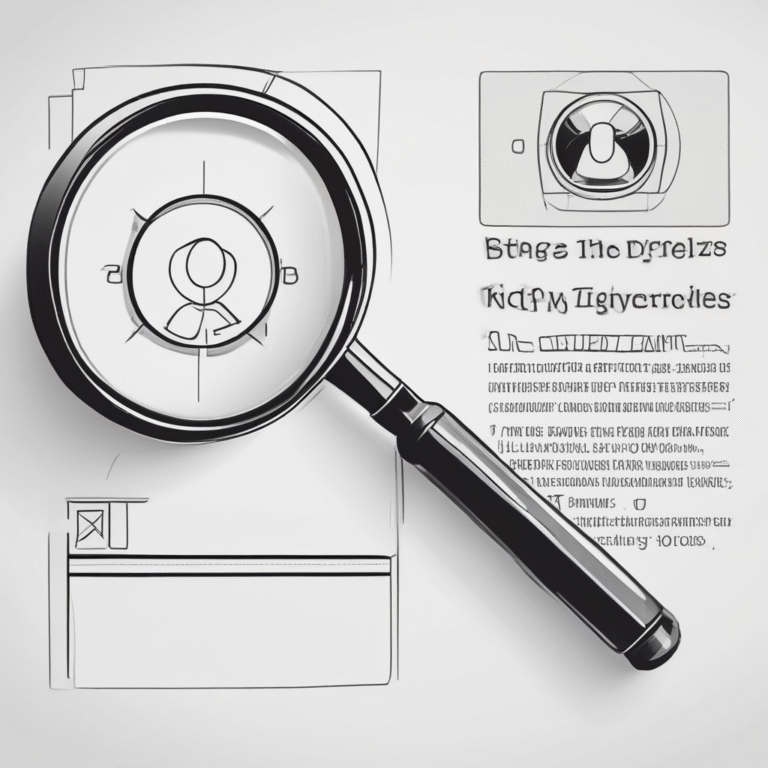Ethical AI: The Role of Responsible Innovators and Governance
As artificial intelligence (AI) continues to permeate various sectors, the significance of ethics and governance in AI development has become increasingly apparent. The call for responsible AI innovation is underscored by the fact that a substantial percentage of employees—58%—use generative AI regularly, often without organizational oversight, which poses significant risks.
The Importance of AI Governance
AI governance serves as a critical framework aimed at ensuring that AI technologies are trustworthy and aligned with organizational values. Effective governance provides the necessary tools to monitor AI systems and respond promptly when they malfunction. It emphasizes that responsible innovation begins even before the initial code is written, reinforcing the idea that ethical considerations are foundational to AI development.
As organizations increasingly recognize the need for AI governance, statistics reveal that 42% of organizations have reported operational improvements due to AI, and 34% have experienced heightened customer trust as a result. Consequently, a notable 25% of large enterprises are planning significant investments in AI governance infrastructures.
Innovative Solutions in AI Governance
One such initiative is the introduction of the SAS Viya platform, which incorporates built-in governance features. This includes the newly released AI Governance Map, available free for SAS users, enabling organizations to assess their AI governance maturity and chart a path towards improvement. Moreover, SAS is developing targeted governance solutions tailored to various industries, including a specific offering for the banking sector.
AI in Healthcare: A Case Study
The drive for ethical AI is particularly evident in the healthcare sector. For instance, the Emirates Health Services (EHS) has made significant strides in leveraging AI to enhance healthcare delivery. With over 130 facilities, EHS employs 40 AI models that assist in critical areas such as mortality risk prediction and disease surveillance, ultimately aiming to elevate the quality of healthcare services.
Dr. Michel van Genderen from the Erasmus Medical Center in the Netherlands illustrates the practical application of AI in healthcare. He emphasizes the importance of utilizing AI within a responsible governance framework to address the surging demand for healthcare services while ensuring patient safety and trust.
Conclusion
The ongoing discourse around ethical AI encapsulates the need for a balanced approach that fosters innovation while safeguarding human values. As AI technologies evolve, the commitment to responsible governance becomes paramount in ensuring that AI serves as a positive force in society rather than a source of potential harm.










